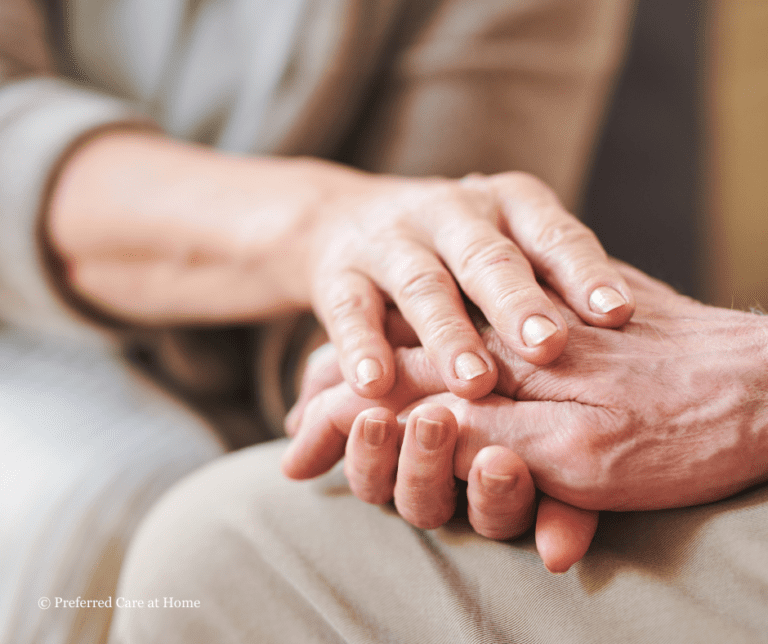Relational Self-Care for the In-Home Family Caregiver
Published April 25, 2013 by Francesca Robinson, MA in At Home Caregiving

Today’s post wraps up a month long series on self-care for the in-home family caregiver. I’ve discussed the importance of physical, emotional and spiritual self-care in order to provide the best care possible for your senior loved one. The final component of a well-rounded emphasis on your personal health is relational self-care. In my opinion, relational self-care is perhaps the most important, not only for the family caregiver but also for the senior.
Relational self-care recognizes the support and encouragement that friendship brings. Like all the components of self-care, it is difficult for the family caregiver to take the time away from their senior loved one in order to spend time with a friend. If you are still not convinced of the importance of self-care from the previous posts, here are a few ways that cultivating relationships helps the family caregiver:
-Improves mood
-Reduces stress
-Increases ability to cope with grief and loss
-Provides support
Spending quality time with a friend, naturally incorporates the other components of self-care. Let’s take going for a walk with a friend as an example. Not only are you caring for your physical health through the act of walking, but you are receiving emotional support as you share your thoughts and feelings, and possibly spiritual support through spending time in nature, all in the company of an encouraging and supportive friend!
All of this may sound great, but how are you able to spend time with a friend on a walk or over a cup of coffee when your senior loved one can’t be left alone. Here are some care options that could help you in implementing self-care:
1. Talk to Your Family. Let your family know how you feel and what you need. If you have family in the same city, set up a schedule so you can get out of the house a few times a week. If family members do not live in the same city, still include them and share your thoughts and feelings. Brainstorm ways they can care and support you and your senior loved one from a far. Perhaps they could visit for a long weekend or provide financial support.
2. Invite Friends To the House. Schedule a coffee date at home. Leaving the house isn’t required to connect with friends.
3. Contact Preferred Care at Home. Home care services from one hour to 24 hours may be the respite you need. We understand that asking for help is not easy, but sometimes it is necessary. We come alongside you and your senior loved one to provide the care you need.
What support do you need in order to make your personal health maintenance a priority? How do you implement physical, emotional, spiritual and relational self-care into your busy life as a family caregiver?
If you have questions about senior home
care services or if you want to start care:
Related Posts

September 26, 2024
3 “Little Things” That Improve Communication Between Caregivers and Loved Ones
Francesca Robinson, MA

October 19, 2023
Preventing Osteoporosis: Essential Tips for Stronger Bones Post-Menopause
R. Bradley Robinson, M.D.

August 4, 2022
Caregiving: Give Yourself Some Credit – You Deserve It!
Laurie Salmons, RN, BSN
Helping seniors age in place, with dignity & grace.